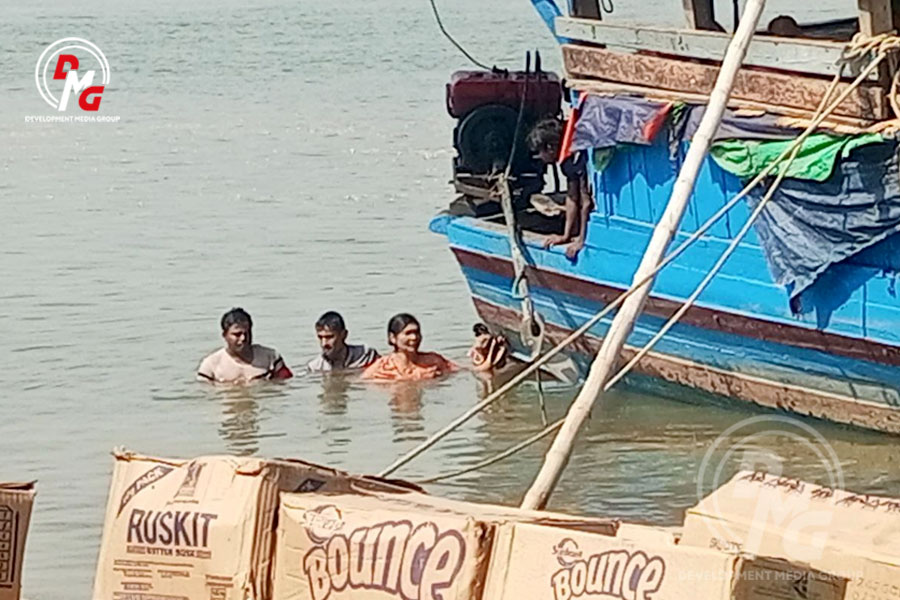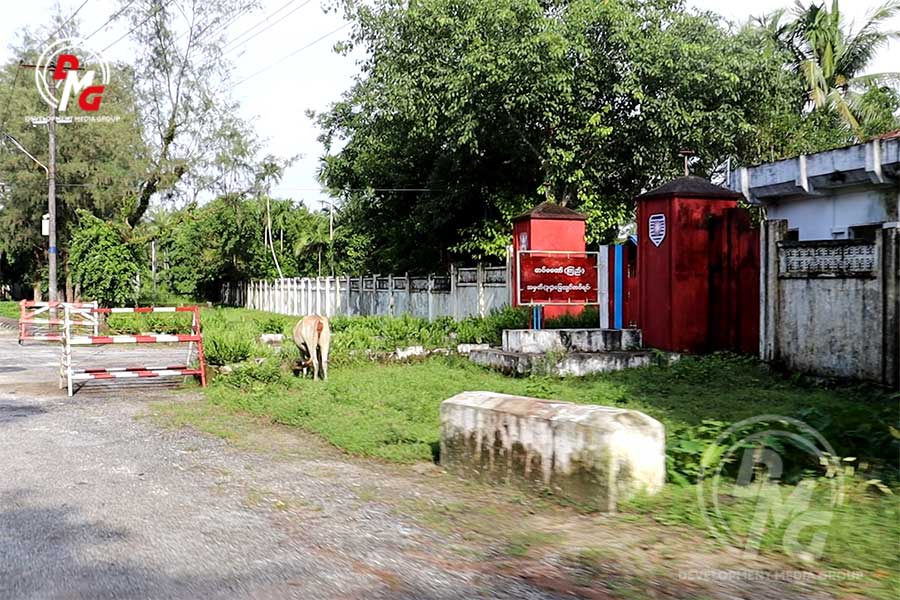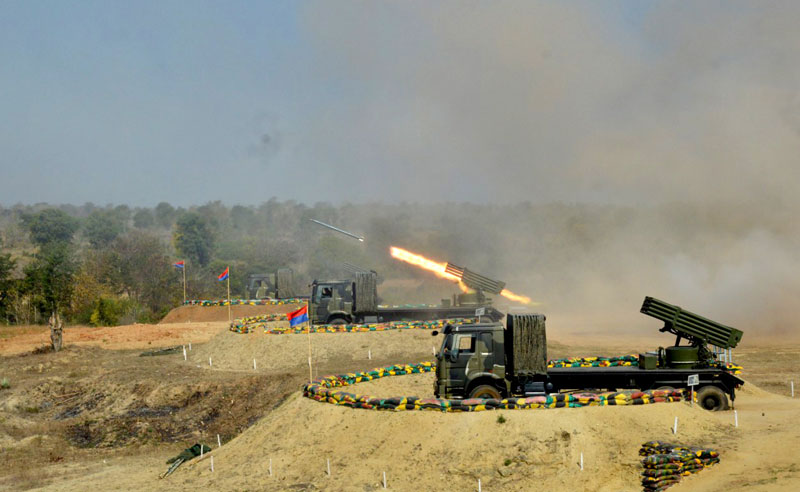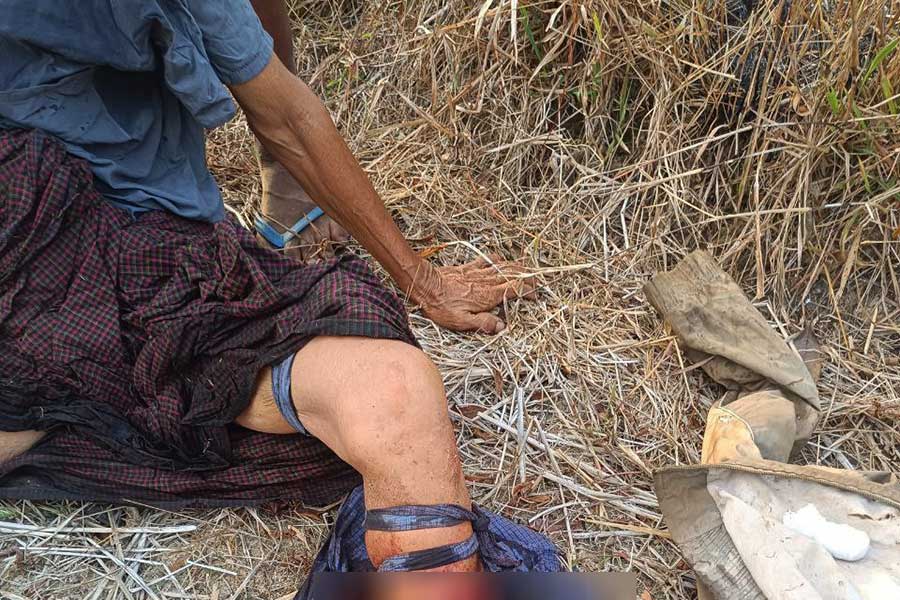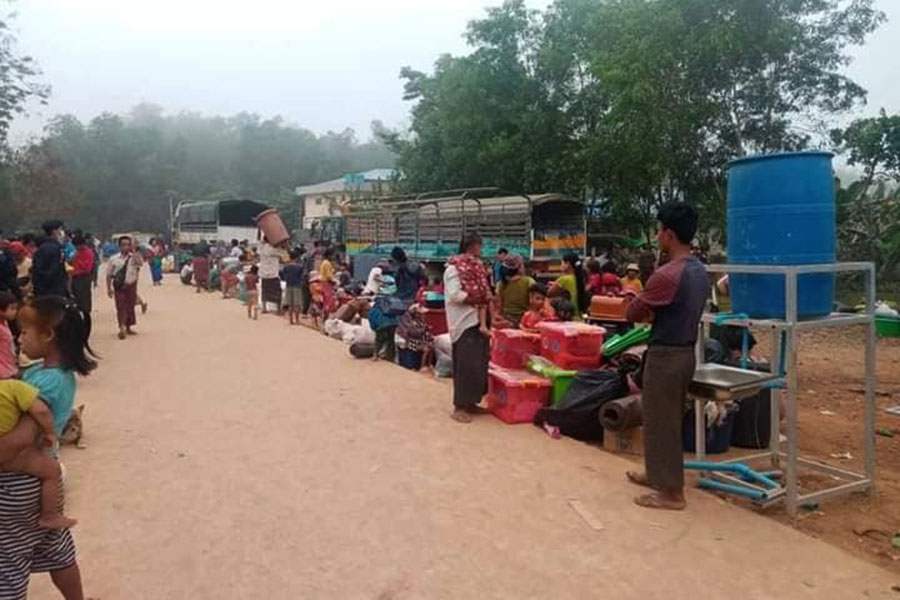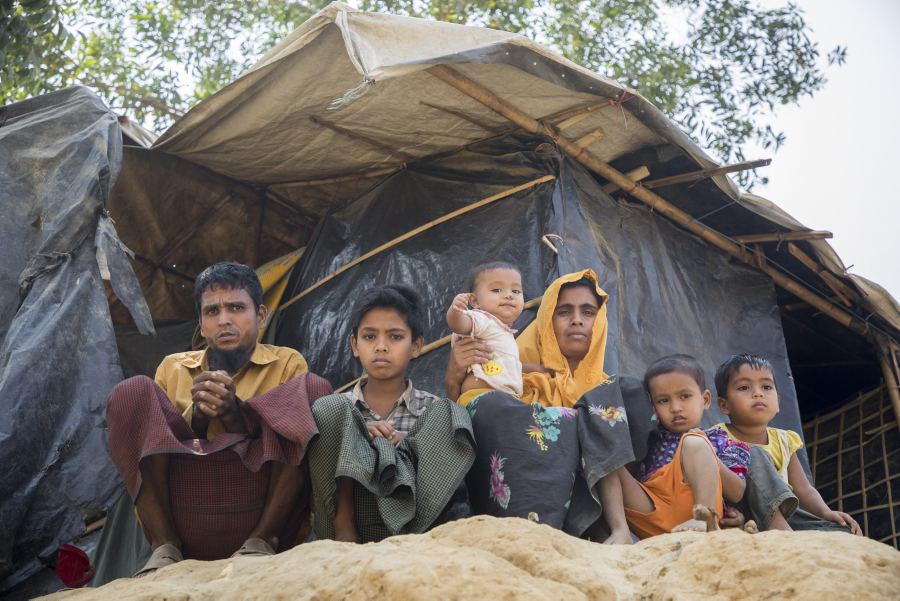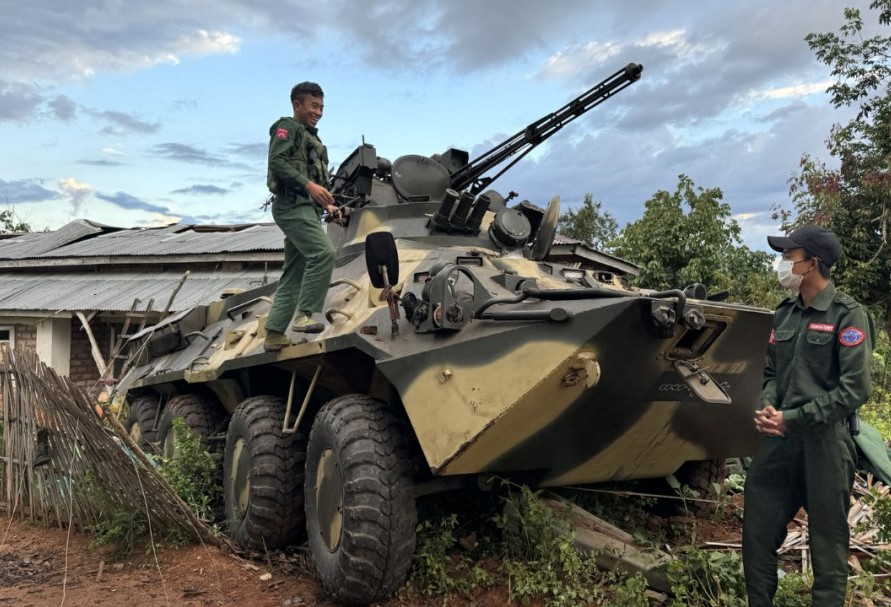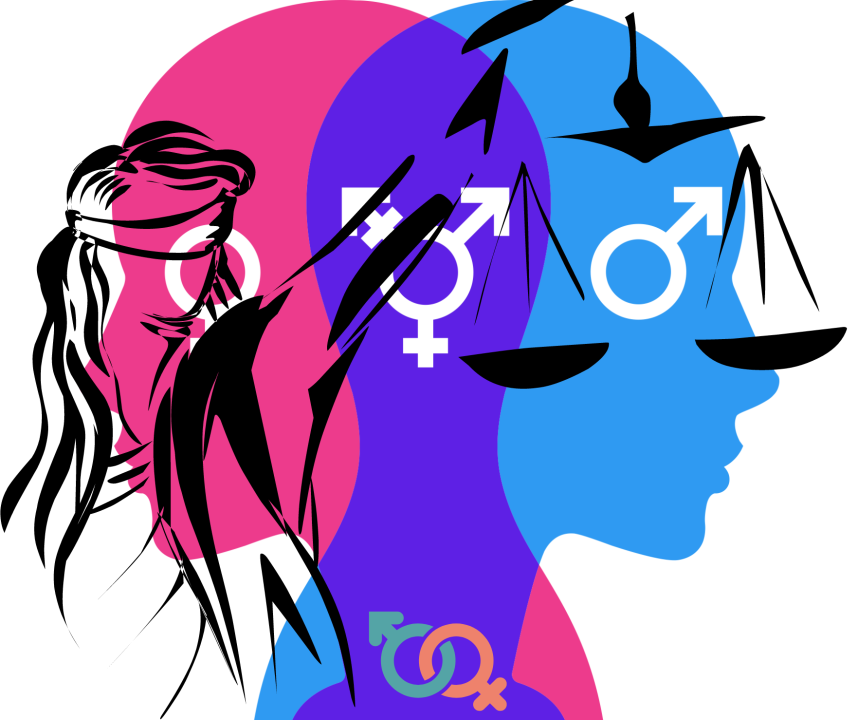- Regime shelling kills two civilians, injures another in two Arakan State townships
- Septuagenarian loses leg in landmine explosion in Kyaukphyu Twsp
- Muslim communities accuse regime of stoking racial strife
- Dozens of Muslims’ deaths blamed on diarrhoea in Sittwe Twsp
- Junta airstrikes rattle Mrauk-U Twsp village
Kaman people celebrate national day, and see room for improvement
As ethnic Kaman people gathered Monday to celebrate Kaman National Day, some took the opportunity to warn against political exploitation of the predominantly Muslim group that resides primarily in Arakan State.
06 Dec 2022
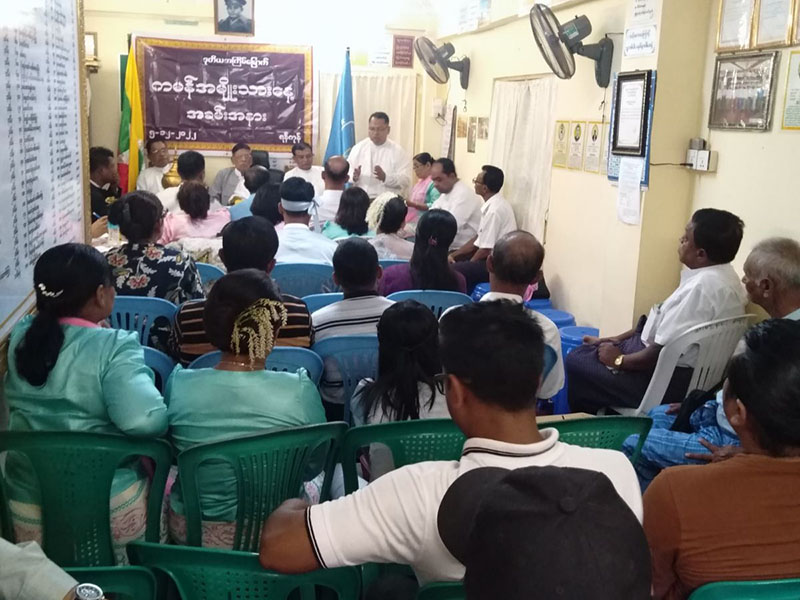
DMG Newsroom
6 December 2022, Sittwe
As ethnic Kaman people gathered Monday to celebrate Kaman National Day, some took the opportunity to warn against political exploitation of the predominantly Muslim group that resides primarily in Arakan State.
“Since the days of the Arakanese kings, we have faithfully stood in Arakan State as the Kaman people, with our own culture and history. That is why it is necessary to not use the Kaman people politically,” said Ko Aung Win Tun, a member of the Kaman cultural association (Yangon).
Kaman National Day was celebrated at the Kaman Cultural Association’s office in Yangon’s Mingalar Taungnyunt Township on December 5, with more than 50 representatives from Kaman political parties and social organisations in attendance.
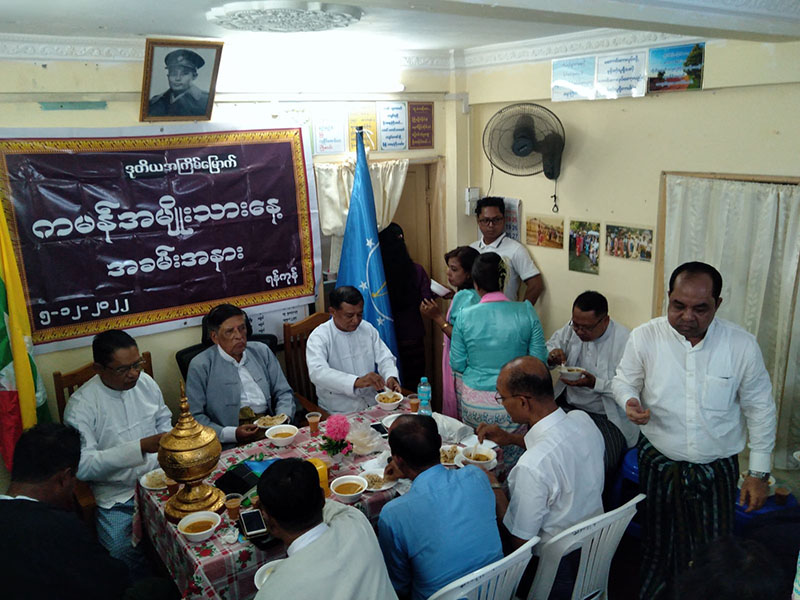
“There are people who think of the Kaman people as foreigners, with suspicion. This ceremony is held to show that the Kaman people have a separate culture and that they are a people who have carried the benefits of this land just like the members of other Arakanese tribes,” Ko Aung Win Tun said.
December 5 was designated Kaman National Day by the Kaman National Development Party in 2019, following discussions with Kaman social organisations.
“Kaman National Day was celebrated in 2019 in order to teach the Kaman people to live faithfully in Arakan State, to learn to love Arakan State, to live like a family with other Arakanese tribes, and to preserve their traditional culture and contribute to the future of Arakan State,” said U Tin Ngwe, vice chairman No. 2 of the Kaman National Development Party.
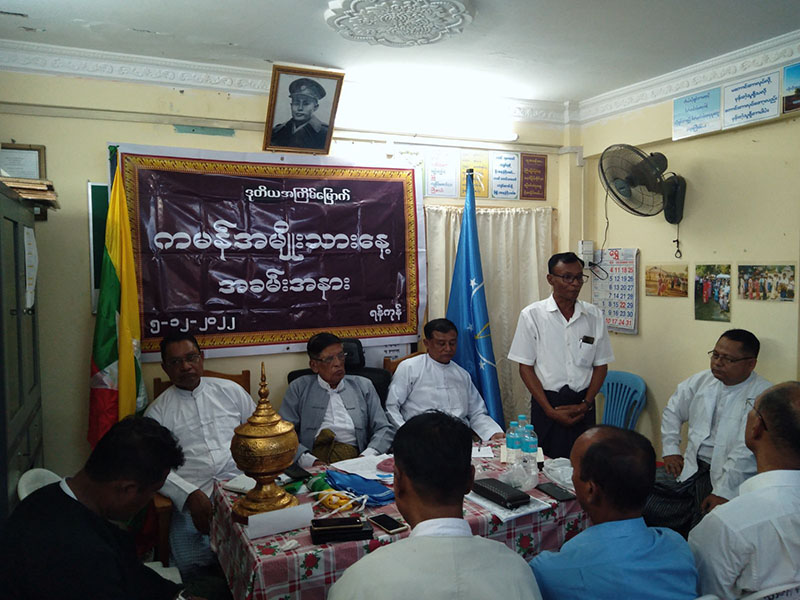
Ethnic Kaman people have been among the Muslims in Arakan State who have lost access to health and education since communal violence pitted Muslims against Arakanese Buddhists across several townships in 2012.
The Kaman primarily live in Arakan State’s Thandwe and Sittwe townships, with smaller populations in areas including the townships of Ramree and Kyaukphyu in Arakan, as well as Yangon and Mandalay regions. There are around 50,000 ethnic Kaman people across Myanmar.

